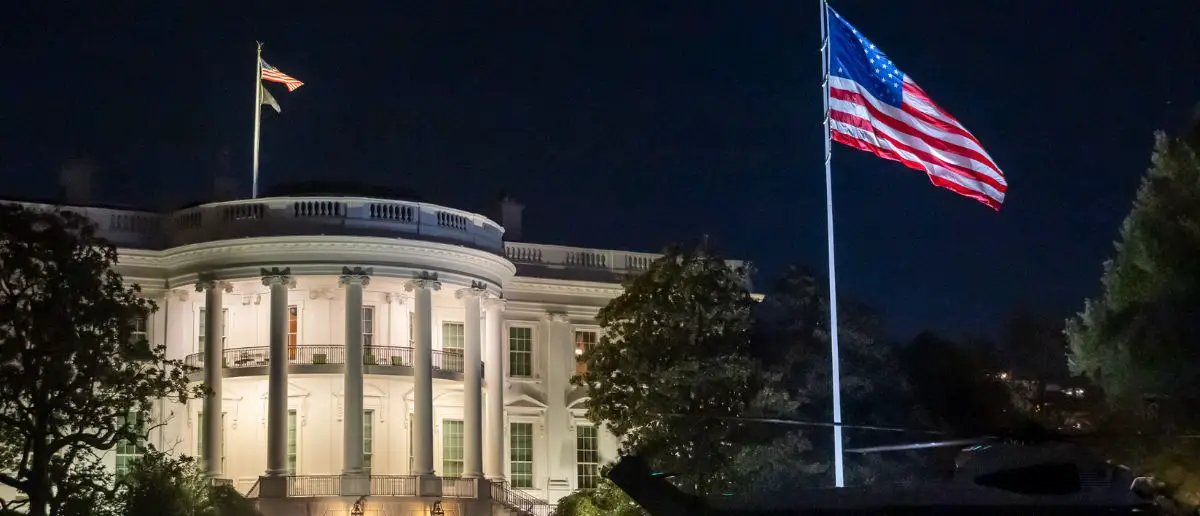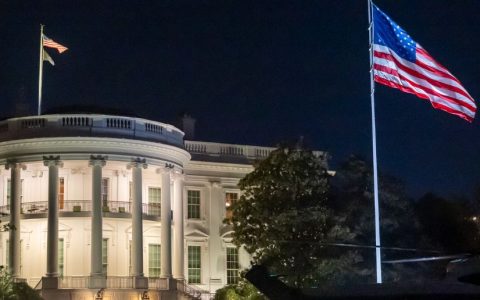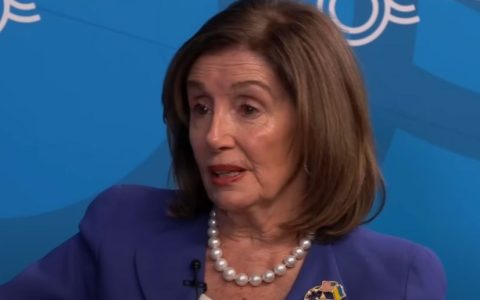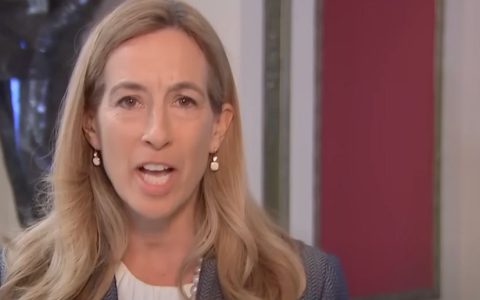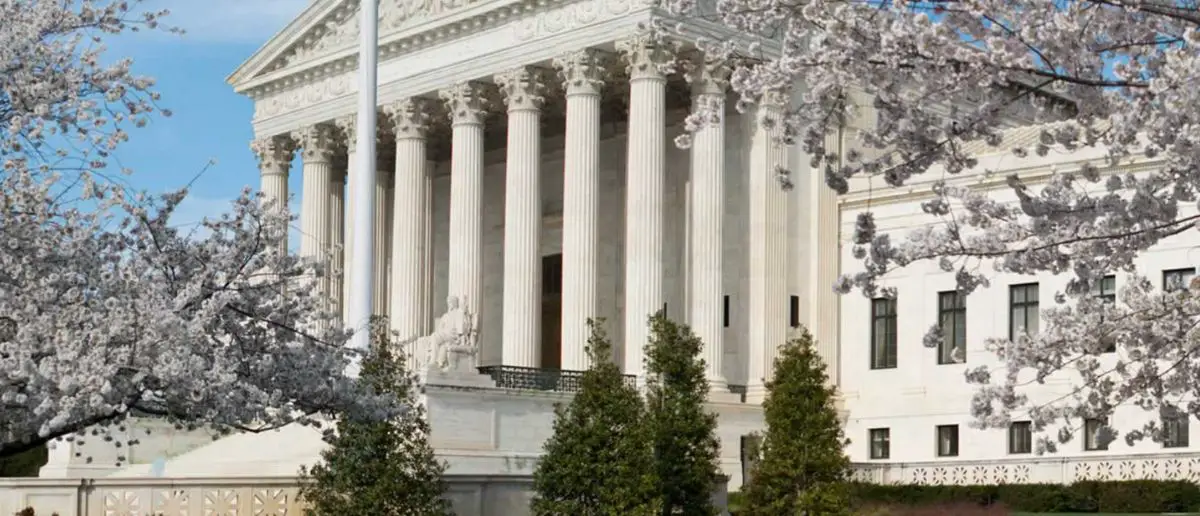
Donald Trump’s second term has been historic. Now it could get even bigger.
Because the Supreme Court set up a massive legal fight that could define Trump’s legacy.
Supreme Court Steps into Trump’s Immigration Fight
The U.S. Supreme Court announced Thursday it will take up President Donald Trump’s contentious executive order aimed at curbing automatic birthright citizenship, a cornerstone of his aggressive immigration agenda.
Set to hear arguments on May 15, the court’s decision could reshape a long-standing constitutional guarantee. Trump’s January 20 order, signed on his first day back in office, instructs federal agencies to deny citizenship to children born in the U.S. unless at least one parent is a citizen or lawful permanent resident, challenging the 14th Amendment’s promise that all “persons born or naturalized in the United States, and subject to the jurisdiction thereof, are citizens of the United States and of the state wherein they reside.”
The move has sparked fierce legal battles, with federal judges in Washington, Massachusetts, and Maryland issuing nationwide injunctions to block the order. The Supreme Court, in an unsigned order, opted not to immediately address the Trump administration’s plea to scale back these injunctions, deferring that question until the May hearing.
Critics, including 22 Democratic state attorneys general and immigrant rights groups, argue the order defies the Constitution’s clear language. Washington state, a lead plaintiff, slammed it as “flagrantly unconstitutional” and urged the court to reject the administration’s “myopic” focus on the scope of the injunctions rather than the order’s legal flaws.
Constitutional Clash Over the 14th Amendment
At the heart of the dispute is the 14th Amendment’s citizenship clause, long interpreted to grant citizenship to nearly anyone born on U.S. soil.
The administration, led by U.S. Solicitor General John Sauer, contends this interpretation is overly broad.
“The birthright citizenship order reflects the original meaning, historical understanding and proper scope of the Citizenship Clause,” Sauer wrote, arguing that the clause shouldn’t apply to children of undocumented immigrants or those with temporary legal status, like students or visa workers.
The administration cites an 1898 Supreme Court ruling, United States v. Wong Kim Ark, which it claims only guarantees citizenship to children of parents with “permanent domicile and residence in the United States.”
Sauer further argued that universal birthright citizenship fuels illegal immigration and “birth tourism,” where individuals travel to the U.S. to give birth and secure citizenship for their children.
This stance aligns with Trump’s broader immigration crackdown, which has energized his base but drawn sharp criticism for undermining constitutional protections. Opponents, including pregnant women and advocacy groups in the lawsuits, assert that the order strips away a fundamental right and sows uncertainty for families.
During a February hearing, Seattle-based U.S. District Judge John Coughenour, a Reagan appointee, called Trump’s order “blatantly unconstitutional,” a sentiment echoed by the 9th U.S. Circuit Court of Appeals, which upheld his February 6 injunction.
Nationwide Injunctions Under Scrutiny
The legal fight also spotlights a broader debate over nationwide injunctions, which halt government policies across the board rather than just for the plaintiffs in a case. The Trump administration has seized on this issue, urging the Supreme Court to curb what it sees as judicial overreach.
Sauer decried a “small subset of federal district courts” for issuing 28 nationwide injunctions against Trump’s policies in February and March alone, claiming they “tars the entire judiciary with the appearance of political activism.” The administration argues that states like Washington, Arizona, Illinois, and Oregon lack standing to challenge the order on behalf of individuals’ citizenship rights.
Supporters of nationwide injunctions, however, view them as a vital check on executive power, blocking unlawful policies from harming countless people. “Recognizing that the citizenship stripping order is impossible to defend on the merits, the federal government frames its application as an opportunity to address the permissibility of nationwide injunctions,” Washington state argued in a filing.
Critics of Trump’s order contend that the administration’s focus on injunctions dodges the core issue: the order’s conflict with constitutional principles. As the Supreme Court prepares to weigh in, the case promises to test not only the scope of birthright citizenship but also the judiciary’s role in reining in executive actions.

